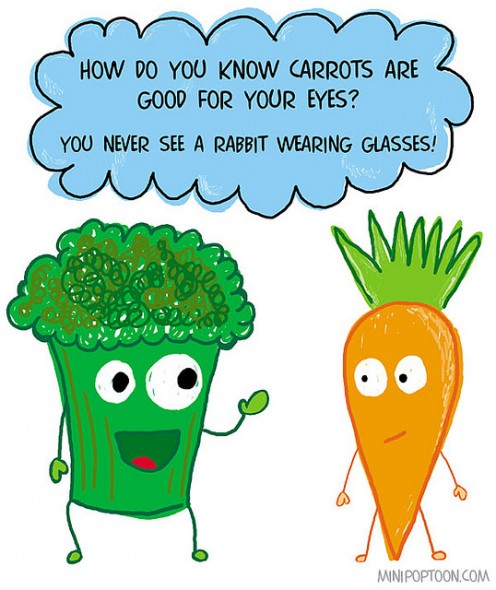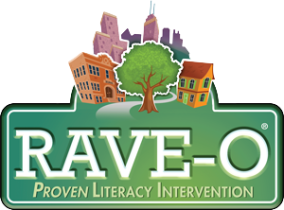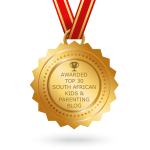The development of humor is dependent on cognitive and language development. Humor is important for children because being able to tell jokes and laugh with others helps them interact and make friends.
The ability to use humor is also dependent on the understanding of social cues and a safe environment in order to express the humor. Children with language difficulties have difficulty understanding and using humor and as a result they are often targets for bullies.
The development of humor
The root of humor is taking something in its familiar form and turning it upside down. A baby laughing in response to being tickled is not humor but rather a response to physical stimulation.
At around 6 months, a game of ‘peekaboo’ elicits peals of laughter from a baby because the baby is able to process information that is new but familiar.
At around 2 years, children have a basic mastery of simple rules and patterns and they start to appreciate the humor of breaking the patterns. For example, a 2 year old may find it very funny if you tell them that the dog says ‘quack.”
As language skills develop, word play becomes a big part of toddler humor. Rhyming words, funny voices, slapstick humor and potty humor develop at around 3 years old.
From 4 – 5 years old, children may start to tell short jokes with nonsense words. They may even attempt a knock-knock joke but the punch line is often incongruous. E.g. “Knock- Knock, Who’s there? Banana. Banana who? Banana peel.” The ability to tell “knock, knock” jokes, for example, shows a child is learning the rules of conversation and turn taking skills.
As language develops, children begin to understand that humor has a meaning—that jokes must resolve from something absurd into something that makes cognitive sense. From age 6 – 7 children may start using riddles because they begin to understand words with multiple meanings. Memorizing riddles and jokes are also used as a means of initiating social interactions with peers and adults.
Children improve at telling jokes because their language skills allow them understand and reproduce the punchline. Jokes also serve as a way for kids to test boundaries of social acceptance. At this stage children often pretend to be “joking” if they do or say something that turns out to be unacceptable.
Children with language difficulties may have difficulty with jokes because:
- They have difficulty understanding the social rules and may tell inappropriate jokes or jokes at inappropriate times
- They have difficulty seeing things from a different perspective
- They have difficulty understanding the punch-line because of limited vocabulary
- They have difficulty with language conventions and turn taking and often ruin the punchline.
- They have difficulty understanding and using multiple meaning words. Understanding multiple meanings does not only impact on social situations and humor but also on later academics. There are numerous words in English that have multiple meanings. A child with a language impairment may be unable to choose one meaning whilst retaining the alternate meaning.
- They have difficulty with story grammar structure and sequencing and so they battle to tell the ‘story.’
How can you help?
- Teach idioms and multiple-meaning words.
- Build vocabulary
- Practice telling jokes with your child. Start with Knock -Knock jokes and move onto riddles and then longer jokes.
- Encourage your child to tell the joke in appropriate social settings.
- Use visual aids to help them understand the humor.
- Make a joke book with your child to assist them in learning, practicing and understanding jokes.
Children who can smile at their own mistakes are better equipped to handle teasing, bullies, and the adversities of childhood, both big and small.










The understanding of multiple meanings … underpin humour. IMHO this is an important developmental step in helping to reconcile the idea that a particular statement can be understood in multiple contexts. Particularly now that English (and probably other languages) is being reduced to a lower common set of words, meaning will be conveyed with more subtle nuance.
Learning (the fastest and most effective kind) is a process of trial and error. Humour provides a safer context for experimentation. I couldn’t agree more with this article.
This is great, Nikki!